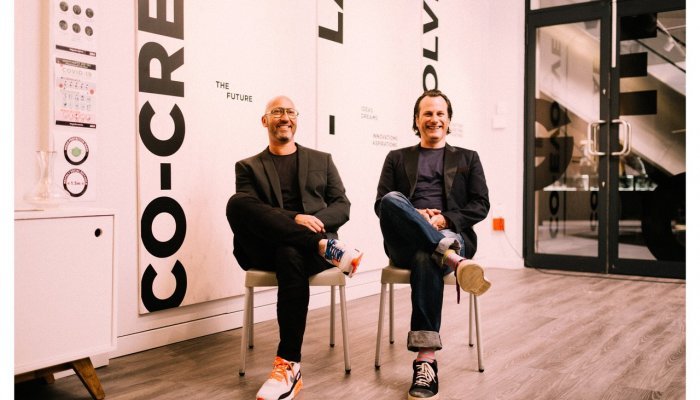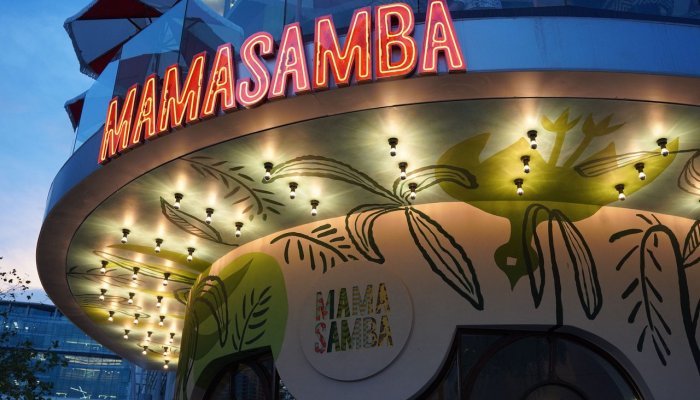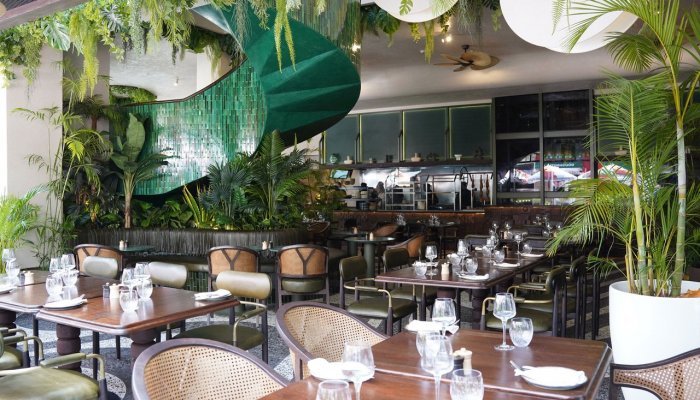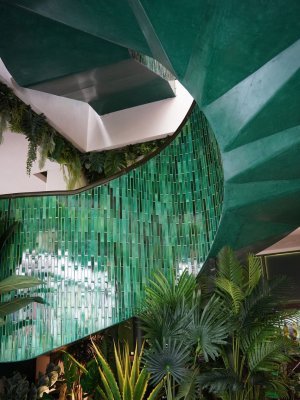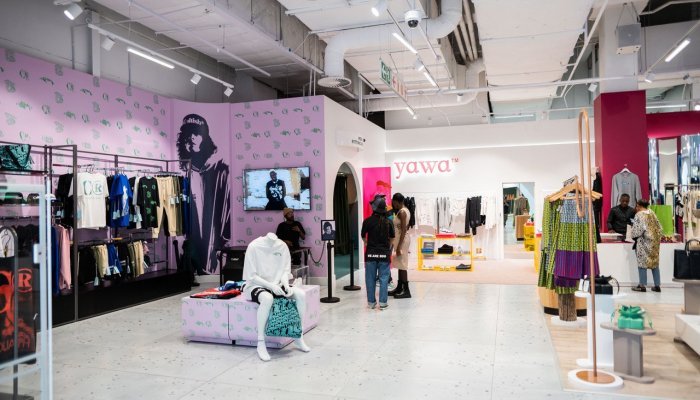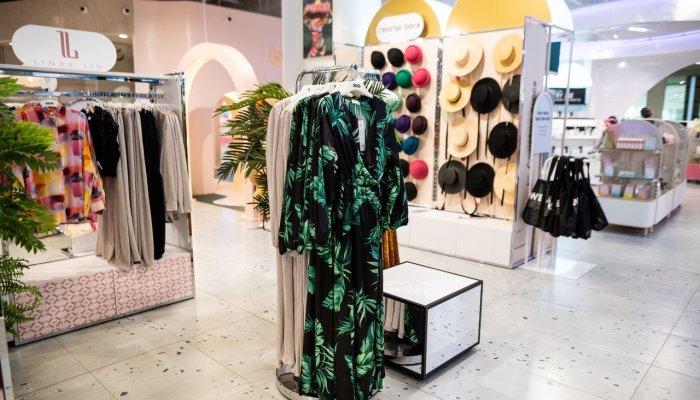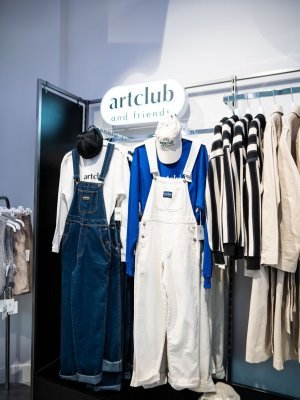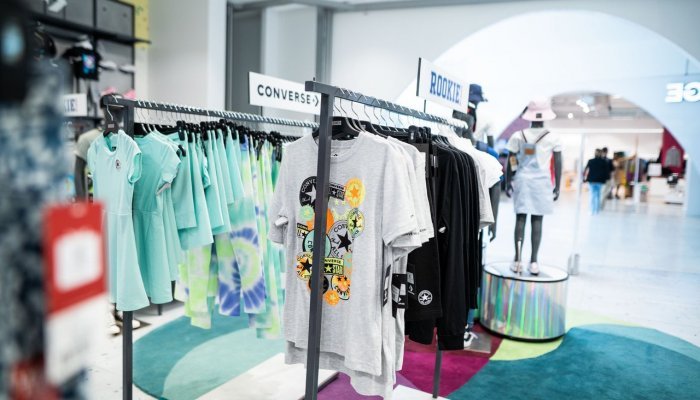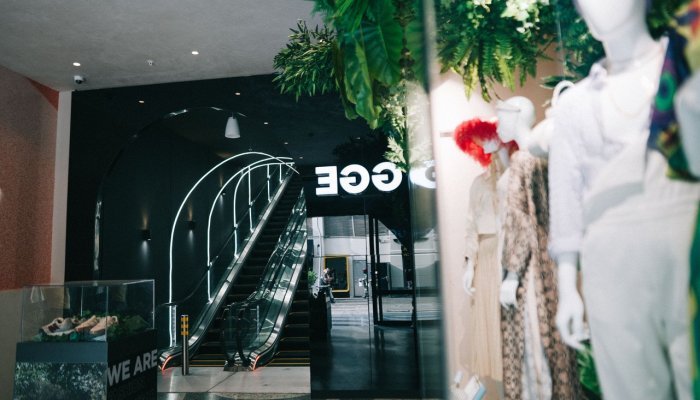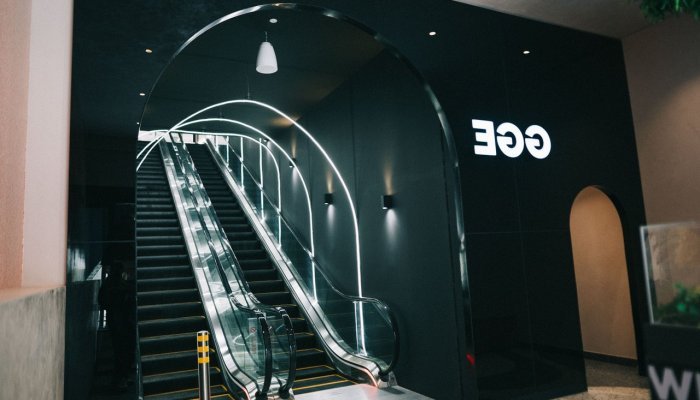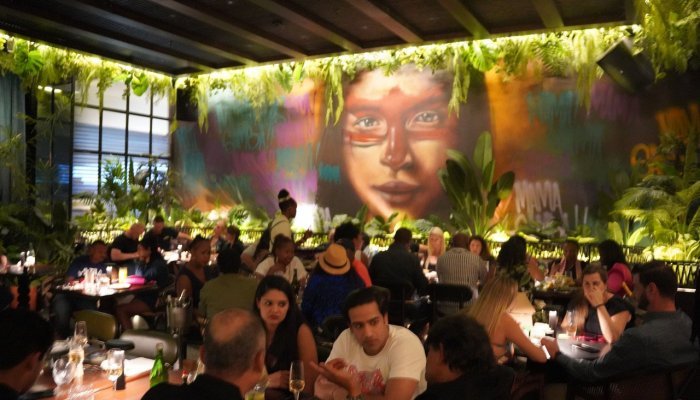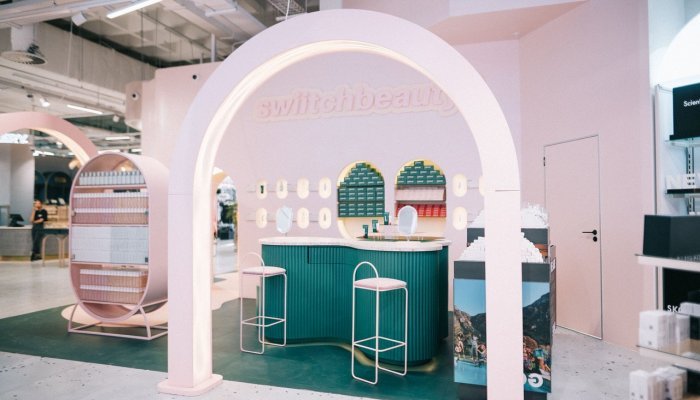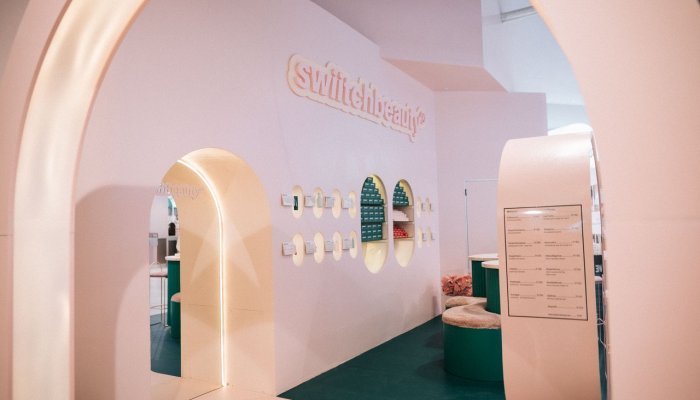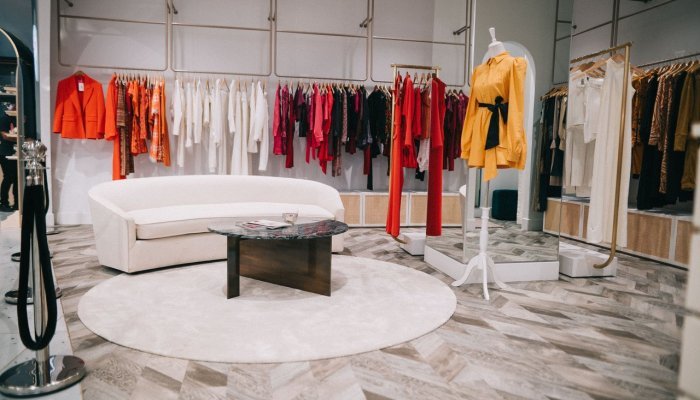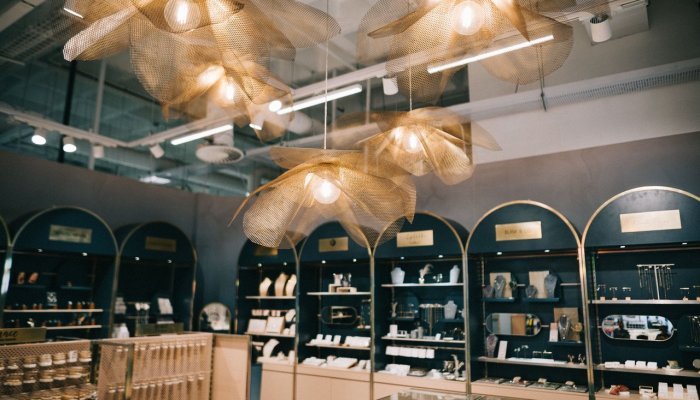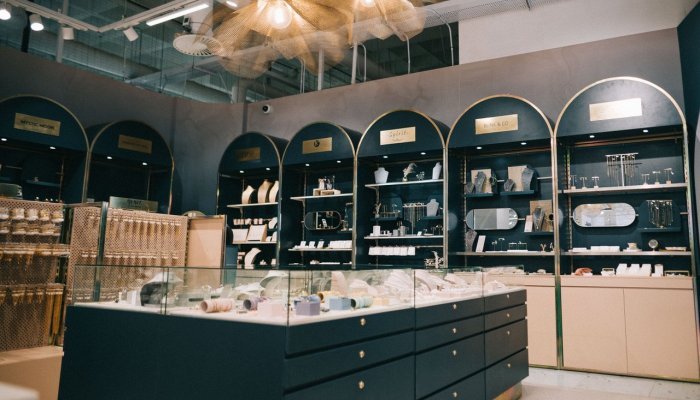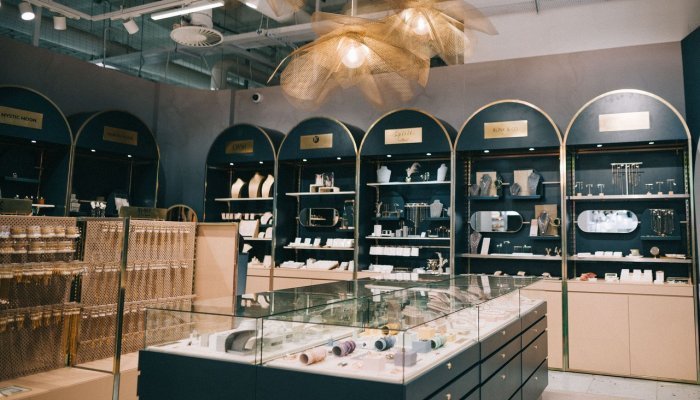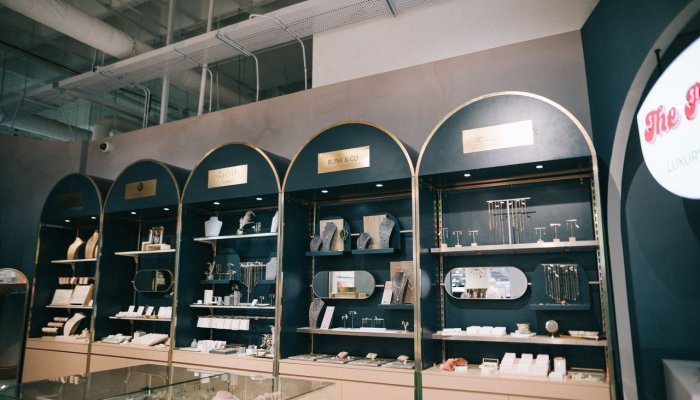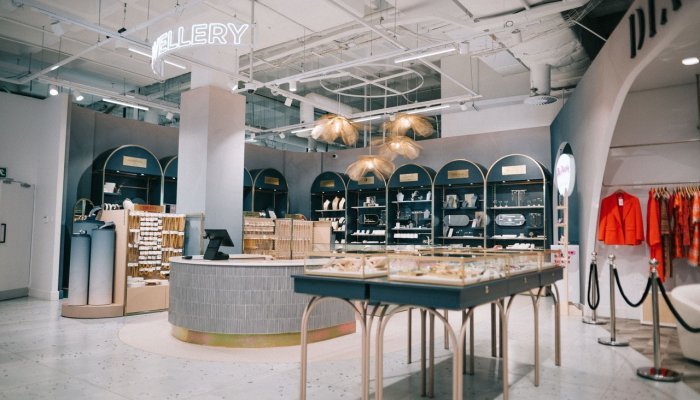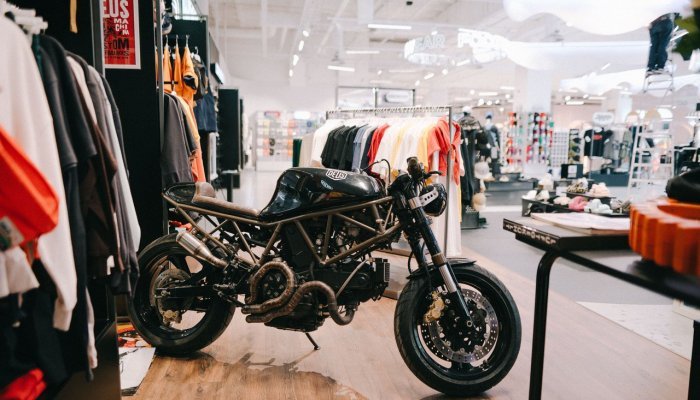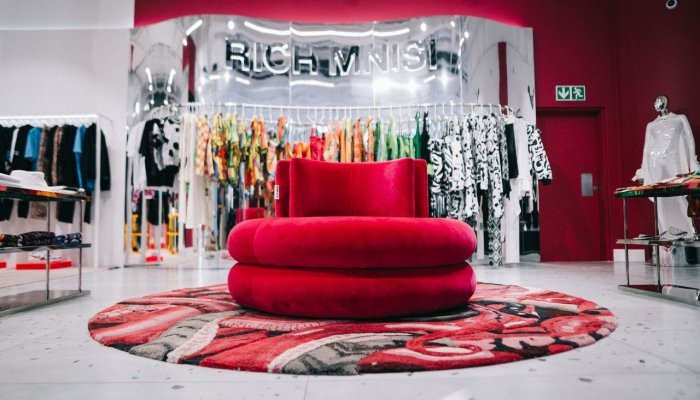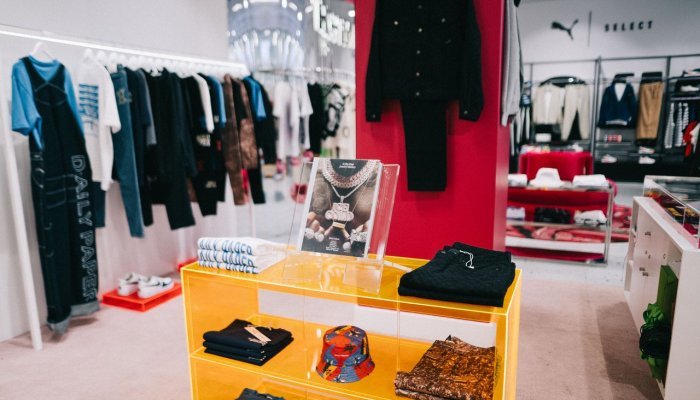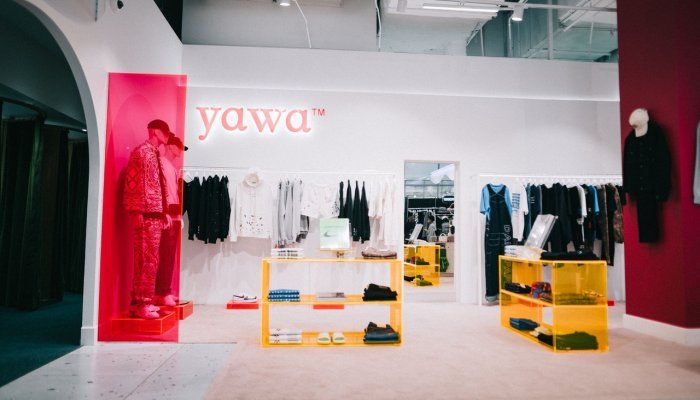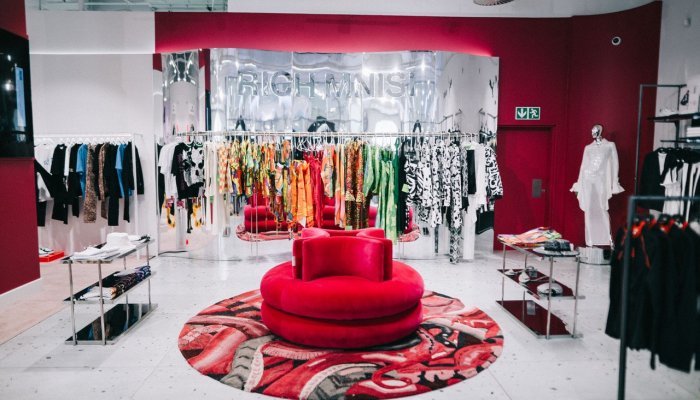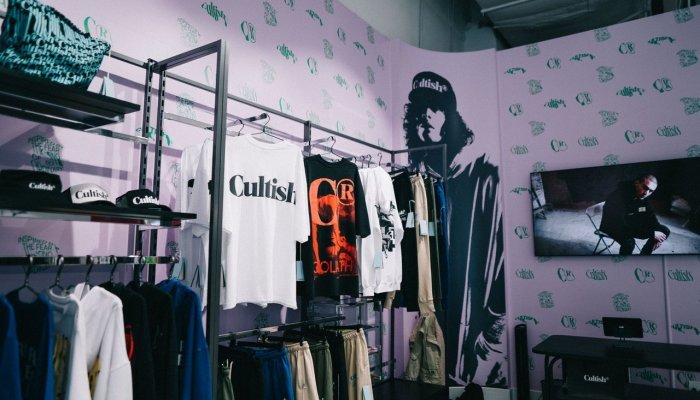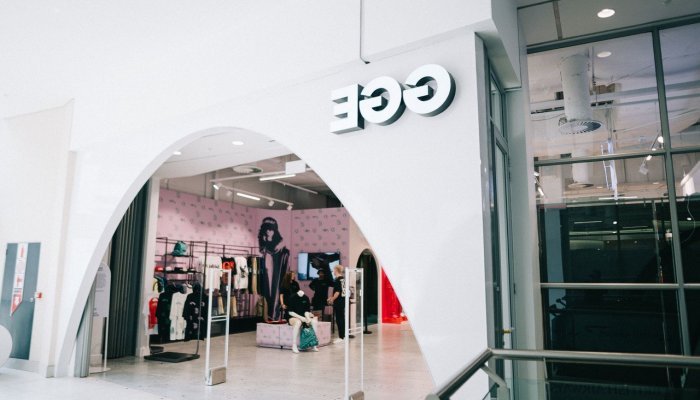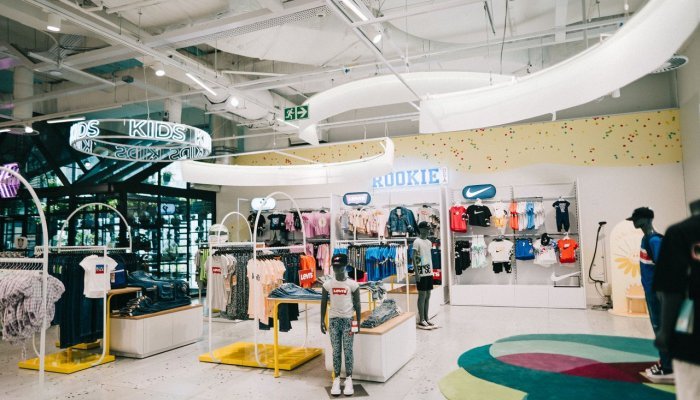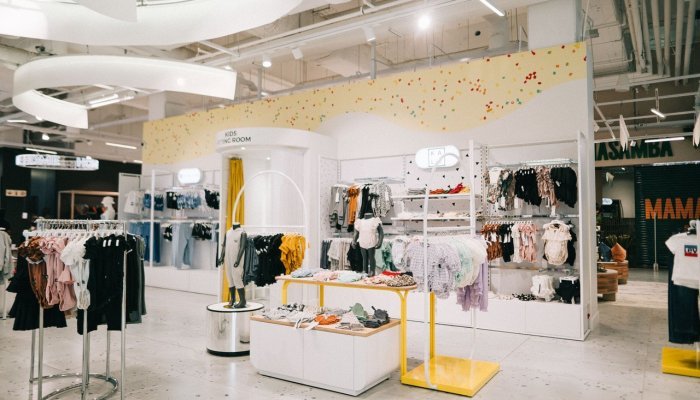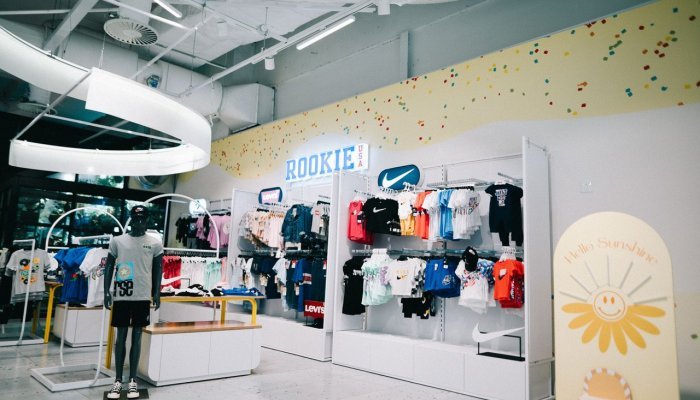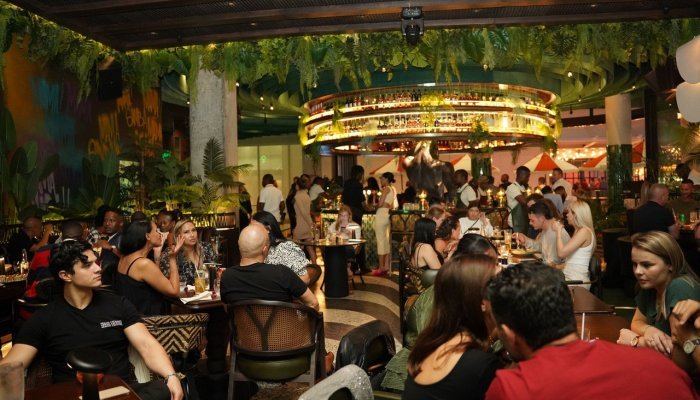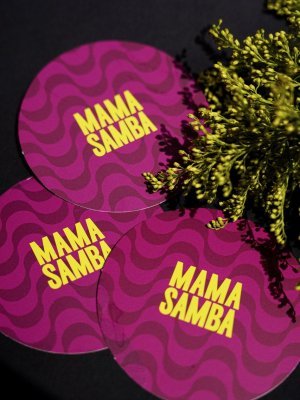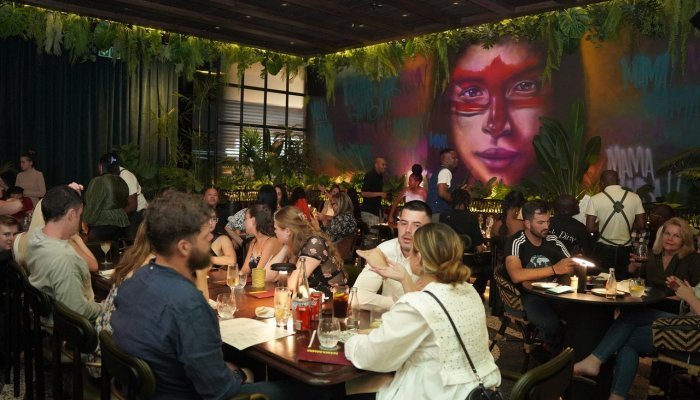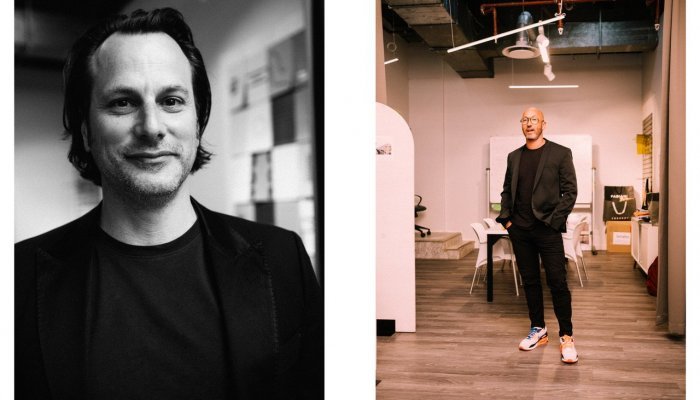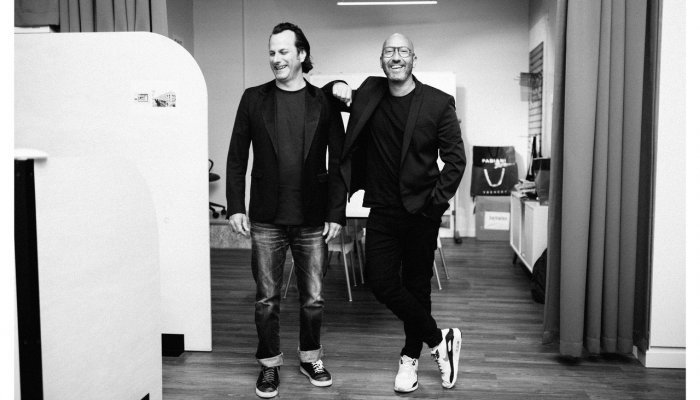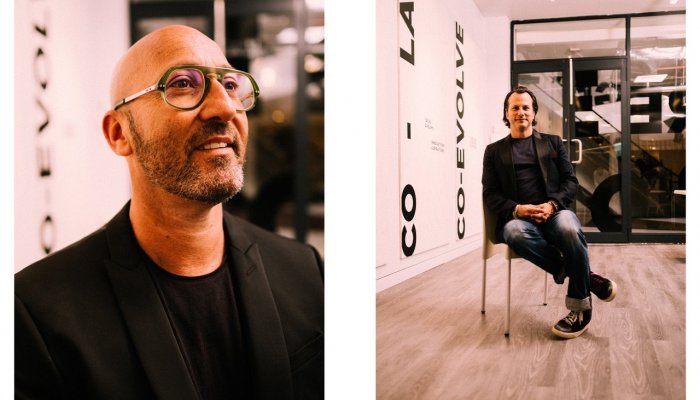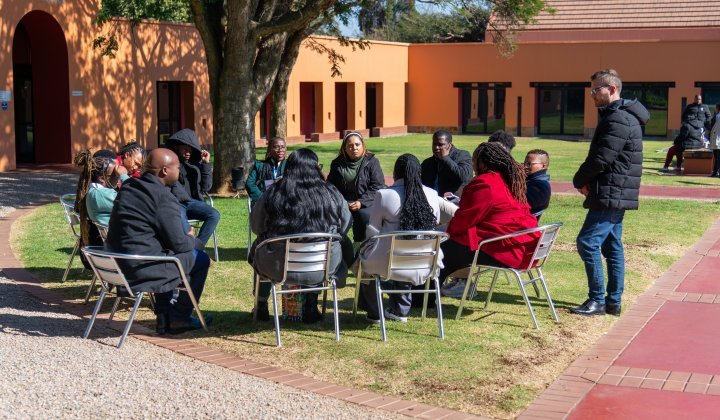The retail environment is evolving globally, and along with the ever-changing consumer habits, retailers had to adjust quickly to remain relevant.
The growth of online shopping accelerated by the Covid-19 pandemic, when movement was restricted, gave rise to experiential retail – providing shopping experiences for consumers in bricks-and-mortar stores.
Established two years ago, EGG – an incubator and platform for retail brands to launch their products into mainstream retail – is gaining momentum in South Africa.
The brand opened its first departmental store measuring 3 000m2 in size in Cavendish Square Cape Town in December 2020, at the height of the pandemic.
In September 2022, a second store of the same size was opened at The Zone @ Rosebank in Johannesburg. There are plans to introduce the platform to shoppers at the Gateway Theatre of Shopping in Durban, and expand nationwide driven by demand.
Taking local products through EGG to international markets such as London is a pipeline dream for the seasoned entrepreneurs and founders.
“EGG is an innovative platform enabling up-and-coming, as well as established brands, to showcase their products to a wider range of shoppers,” says Paul Simon, CEO and co-founder of EGG.
Simon explains that the EGG concept is the first of its kind in South Africa at this scale. EGG is a unique departmental store brand – and no one in the country offers so many carefully curated products and services under one roof.
EGG: The concept
Maverick entrepreneurs, with 60 years’ combined business and retail experience, Simon – founder of the Young Designers Emporium (YDE) – and Arie Fabian of the Fabiani brand are the co-founders of EGG.
The concept, similar to YDE except that it’s a department store and not just fashion, was borne out of the need to help local and smaller retail brands sustain their businesses amid a global health crisis.
Even before the pandemic, the retail environment globally was changing. Though online shopping was growing, the bricks-and-mortar experience remains a key touchpoint for exceptional customer service.
Simon believes that e-commerce works optimally with physical stores and vice versa.
After prolonged months of staying at home, and for many, forced to shop online, experiential retail has emerged as a global retail trend that cannot be ignored, he points out.
“The idea that everything comes from an egg is how the idea came about – an incubator to assist local and small retail brands during the pandemic and beyond,” says Simon.
It took Simon and Fabian six months to finalise the EGG concept before launching in December 2020. In hindsight, Simon says the project should have taken two years to fine-tune some systems and processes.
Retail is as much about the product as it is about the right located space. Pan-African investment and banking group Old Mutual, through its subsidiary Old Mutual Property, holds a 50% shareholding in the business.
Old Mutual Property, the owners of iconic shopping centres including Cavendish Square, Gateway Theatre of Shopping and The Zone @ Rosebank, among others, had the right size space suitable for EGG, and have been supportive partners in growing the brand.
Simon says there aren’t a lot of 3 000m2 retail spaces. The initial agreement is that EGG would open new stores at Old Mutual Property-owned malls, before approaching other landlords.
Once the idea had been bedded, and space finalised, Simon and Fabian appointed a team to approach selected innovative retail brands – to launch at their new store in Cape Town.
Preference is given to local retailers who account for more than 80% of 200 retail brands across the two stores. These range from small to big, and international brands such as local luxury designer Rich Mnisi, who opened his first physical store with EGG.
EGG approaches innovative brands, and retailers interested in partnering with EGG can apply via the website.
The criteria vary, dependent on the market, with data mined from retail sales and stock informing what type of brand qualifies as a partner at any given time.
“We differentiate ourselves from a typical department store by offering unique and innovative products, as well as services that create unforgettable retail experiences for shoppers,” says Simon.
Retail space
Simon says the EGG concept is YDE on steroids. The platform facilitates the retail aspect for brands with favourable lease terms of three to 12 months, giving them time to test their products.
EGG signs a long-term head lease for space and provides staff, tills, common areas, shopping bags, hangers, fitting rooms and security tags, among others.
Water and electricity is included in the rent which is charged as space-per-service and not per square metre as is the norm in retail.
At the Rosebank store, EGG has changed the model slightly, enabling some brands to have their own dedicated tills and staff. Depending on the product being sold, a brand can take up space of as a little as 2m2 for beauty products, for example, and up to about 100m2 of space.
“Brands pay rent for space and the platform offerings and we take a percentage of turnover.”
Simon says the customised data mined from point of sale and staff enables the store to have the right products at the right time – and gives retailers insights into consumer shopping habits.
Experiential retail and trends
The Rosebank store offers retail products and services, as well as Mamasamba – a coffee bar facing onto the store and a restaurant.
It also features a centre court for activations and events. Brands can use the space to create experiences for shoppers, whether promoting new products or demonstrating how a product works.
Simon says the changing nature of the retail environment and consumer demands requires agility. Unlike traditional department stores, which order seasonal stock months away, EGG is able to pick up trends and quickly adjust to market needs while providing curated products.
Experiential retail is what shoppers crave – an experience that online cannot provide. Though online shopping will continue to grow, physical stores will remain relevant in order to provide shopper experiences.
Simon says at EGG shoppers are gravitating towards local products and desire to know how products are made and sourced.
“Though EGG is still a fairly newly brand, it has already made a positive impact on the retail sector, providing a number of new entrants with a platform to formally launch their products while creating job opportunities,” says Simon.
Key lessons in launching a new business
Though not unique to EGG, Simon says there are always challenges facing start-up businesses. For EGG especially, it was during the height of the pandemic and both founders were working from their homes, communicating digitally to fine-tune the idea before lockdown restrictions were relaxed.
He shares some lessons learnt from EGG:
- Speed to market: Taking six months on what could have been a two-year project resulted in some systems and processes being overlooked. If possible, give the idea time and go through a vigorous test before launching.
- Know your target market: When EGG launched in 2020, Generation Z (Gen Z) was the target as they were perceived to be trendsetters. However, this group doesn’t have sustainable buying power. The product offering is changing to attract more millennials – but really, having everything for everyone under one roof.
- Product choice: Instead of offering "beauty" when the Cavendish store opened, EGG chose "wellness" in line with what was happening elsewhere. It failed because every department store has beauty. In fact, beauty, is the best-performing retail category in the business.
- Technology: In retail, having the right product at the right time is crucial. We’ve invested in customised technology that mines customer data and our partners have live access to sales data and stock availability, enabling the smooth running of operations.
- Three times rule: It takes three times as much money to launch, and three months to launch. While EGG ignored this rule – the lesson is that starting a new business is never easy – it takes time, patience and resilience to keep at it while dealing with a changing dynamic environment such as retail.
Arie Fabian
Arie is best known for building Fabiani into a leading, luxury menswear brand – a company started by his father Jeffrey in 1978. On completion of his internship at Hugo Boss in 1998, Arie returned to South Africa to re-invigorate the retailer, taking the strategic decision to create the iconic Fabiani monobrand. In 2009, he was the first to import G-Star Raw. He sold both businesses to The Foschini Group (TFG) in 2011 and Arie stayed on as brand director until 2016. He partnered with Gary Palmer to create Paragon Capital Partners, providing creative consulting and financing solutions for brands and entrepreneurs in 2017. Arie holds a creative executive MBA (EMBA) from the Berlin School of Creative Leadership. He is married to Elana and has a son, Elayah, and daughter, Maya.
Paul Simon
Paul is a serial entrepreneur and award-winning business leader who rose to fame at 21, when he founded YDE in 1995. The brand became one of the country’s most successful fashion brands, known for its risqué advertising. It took Paul 10 years to grow YDE into a fashion empire when he eventually sold to Truworths Group in 2006. He continued to use his innovative and entrepreneurial skills to invest in and consult to many start-ups. In 2014/15 he launched Uber Flavour, a 100% natural Rooibos iced tea brew that is exported internationally. Paul has won several prestigious awards including: the SA Best Entrepreneur Award and Mover of the Year, the SA Jewish Report Entrepreneur award, as well as awards from the 1 Billion Rand Club, Cavendish Square Shopping Centre, Ernst & Young, Investec Private Bank and Cosmopolitan magazine. He is married to Tina and has two daughters, Scarlett and Sienna.


